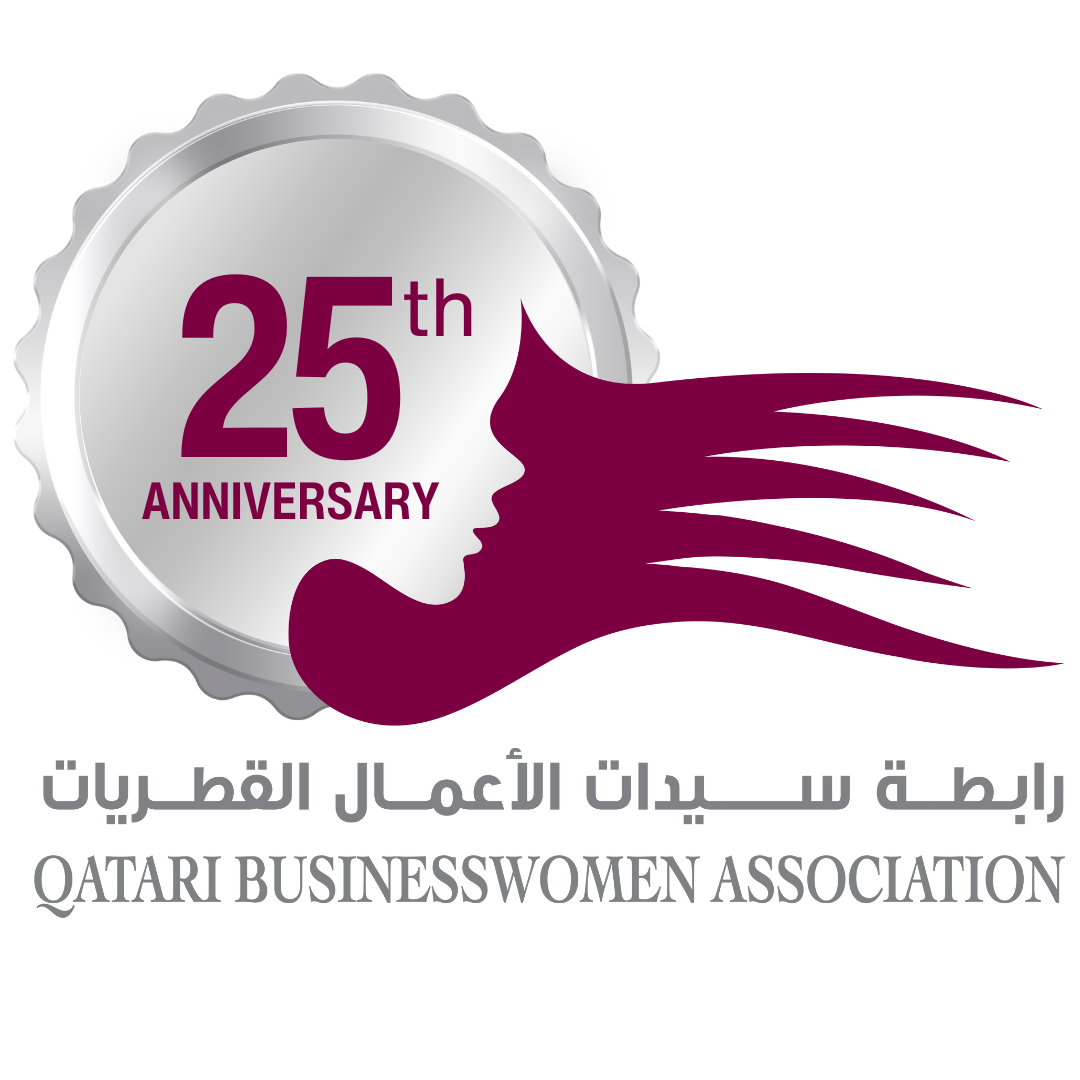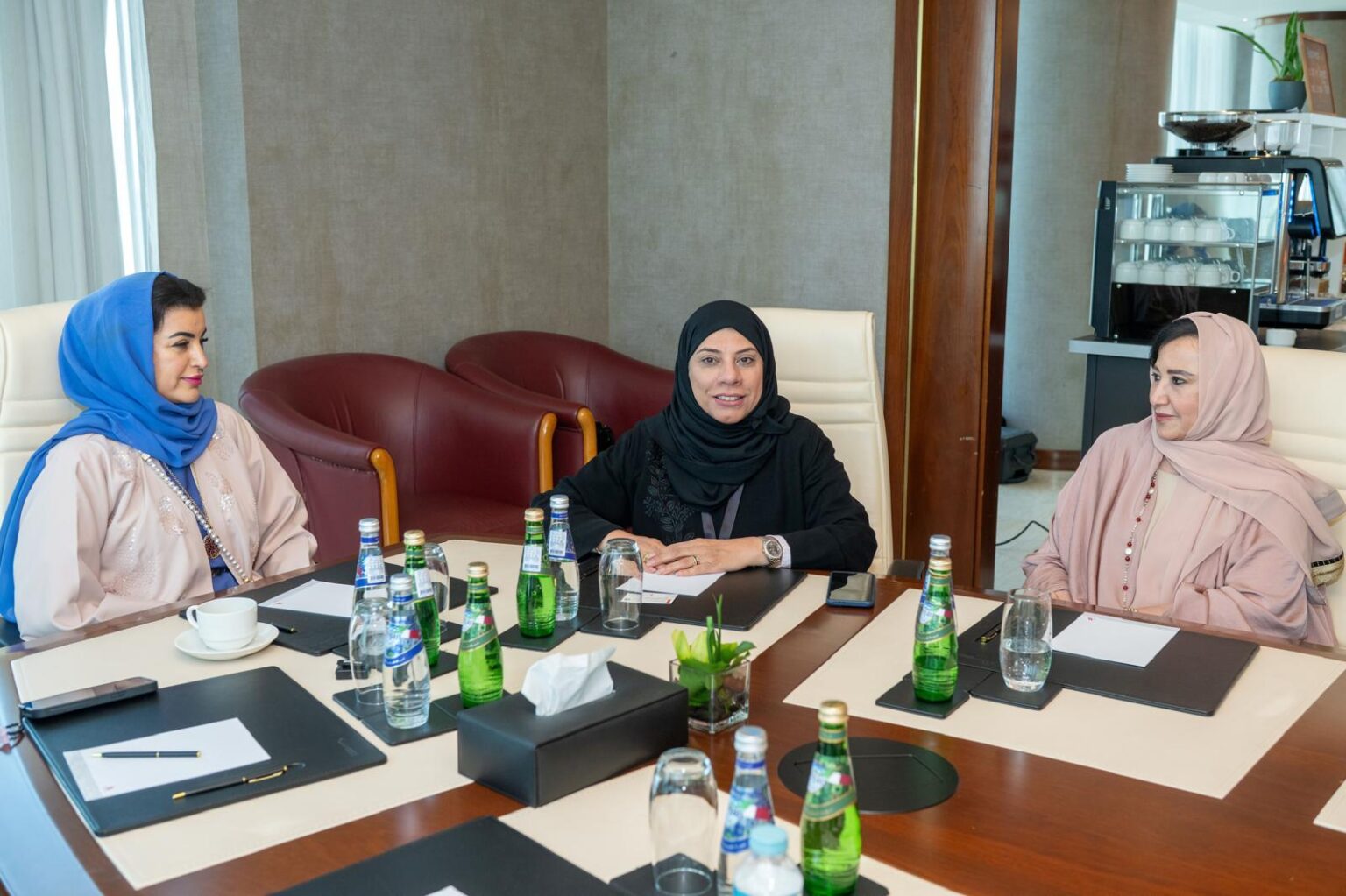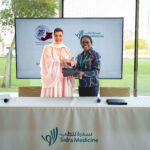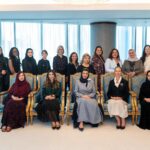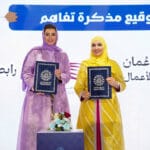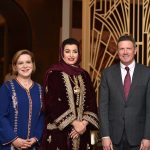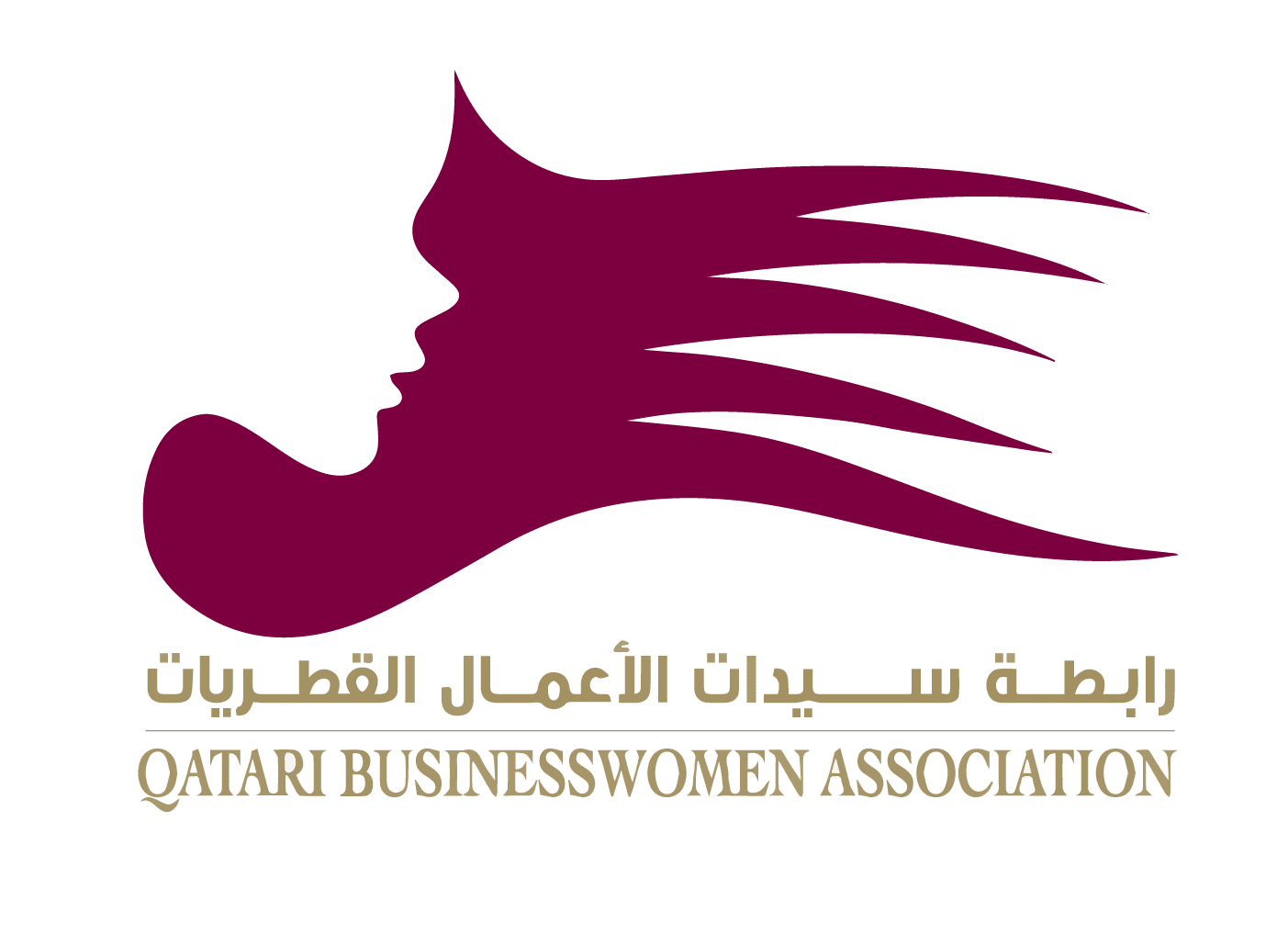As part of its ongoing efforts to build effective partnerships with national and international institutions concerned with economic and social development, the Qatari Businesswomen Association (QBWA) hosted an introductory meeting with the Doha International Family Institute (DIFI), a member of Qatar Foundation for Education, Science and Community Development, represented by Dr. Sharifa Al-Emadi, Executive Director of DIFI, in the presence of a group of QBWA members.
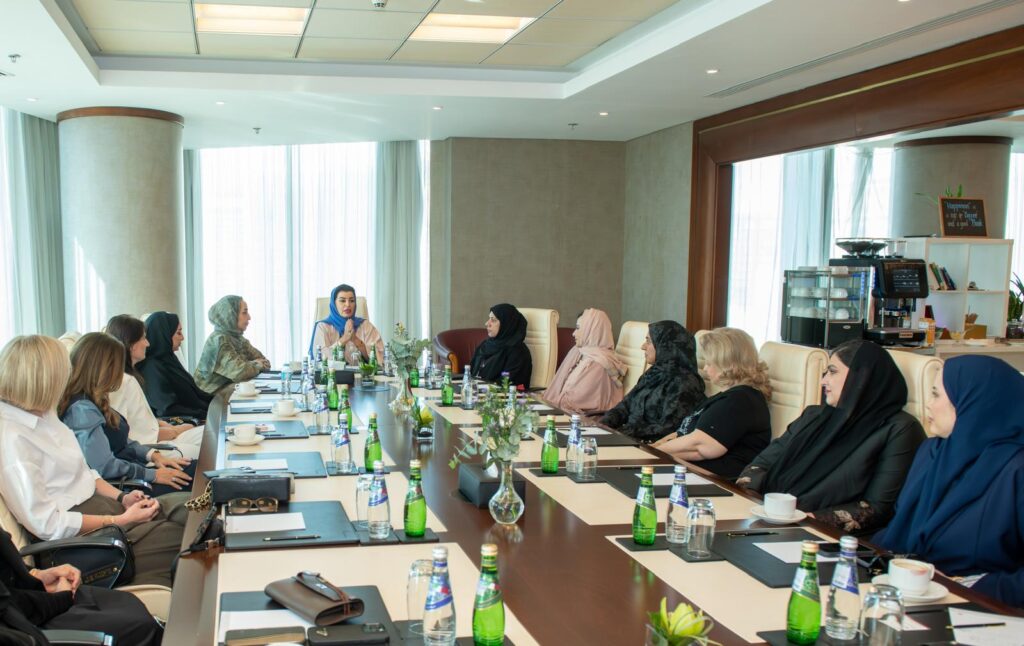
At the beginning of the meeting, Mrs. Aisha Hussain Al-Fardan, Vice Chairwoman of QBWA, welcomed Dr. Sharifa and emphasized that this meeting comes within the Association’s broader vision to strengthen collaboration with research, academic, and social institutions in Qatar, in alignment with the goals of Qatar National Vision 2030. She noted that collaboration with DIFI represents a significant step toward bridging the gap between research, policy, and community engagement, by exchanging knowledge and expertise in areas related to family, childhood, and women’s empowerment.
Mrs. Al-Fardan also explained that through its extensive network of businesswomen and professionals, QBWA seeks to support DIFI’s efforts in implementing its programs and initiatives that contribute to family stability and empower women to participate effectively in national development.
Dr. Sharifa Al-Emadi presented a comprehensive overview of DIFI’s research, programs, and upcoming projects. She emphasized the Institute’s vital role in shaping evidence-based social policies, developing legislative proposals to protect family welfare, and integrating family priorities into Qatar’s national development agenda.
Dr. Al-Emadi also praised QBWA’s role in promoting women’s economic and social empowerment, affirming that cooperation between the two institutions reflects the synergy between scientific research and practical implementation. She also underlined DIFI’s commitment to supporting policymakers through data-driven studies and recommendations that promote the well-being and cohesion of Qatari families.
During the meeting, several potential areas of collaboration were discussed, including QBWA’s participation in DIFI’s research projects, contribution to the upcoming “Family Welfare Conference” organized by DIFI next year, and the joint organization of workshops, in addition to supporting sustainable social projects aimed at economically empowering women while maintaining their essential roles within the family.
Both sides also agreed to collaborate on awareness initiatives to strengthen partnerships between the public and private sectors, promoting the concept of a cohesive family as a cornerstone of Qatar’s sustainable development.
The meeting concluded with an emphasis on the importance of maintaining ongoing communication and developing a joint implementation plan for the upcoming phase, which will include research and development initiatives to support Qatari families and enhance the role of women as active partners in national development. Both parties also agreed to continue coordination to formulate a joint cooperation plan, with details to be announced at an appropriate time.
About the Qatari Businesswomen Association (QBWA):
Qatari Businesswomen Association (QBWA) is an independent non-profit entity working under the umbrella of Qatari Businessmen Association (QBA) which has been established under the Amiri Decree No. 14 for 2002.
QBWA aims to empower women and promote their active participation in the economy, benefiting both women and society as a whole.
QBWA has played a vital role in driving economic growth in line with the government’s vision. The association has emerged as a leading model of best practices and active participation.
QBWA’s strategy is focused on expanding its impact locally, regionally, and globally, building partnerships with both Qatari and international organizations to advance its mission and achieve its goals.
About the Doha International Family Institute (DIFI)
DIFI is a member of Qatar Foundation for Education, Science and Community Development. It is dedicated to studying family-related issues and promoting evidence-based policies that enhance the well-being and stability of families through research, dialogue, and advocacy.
